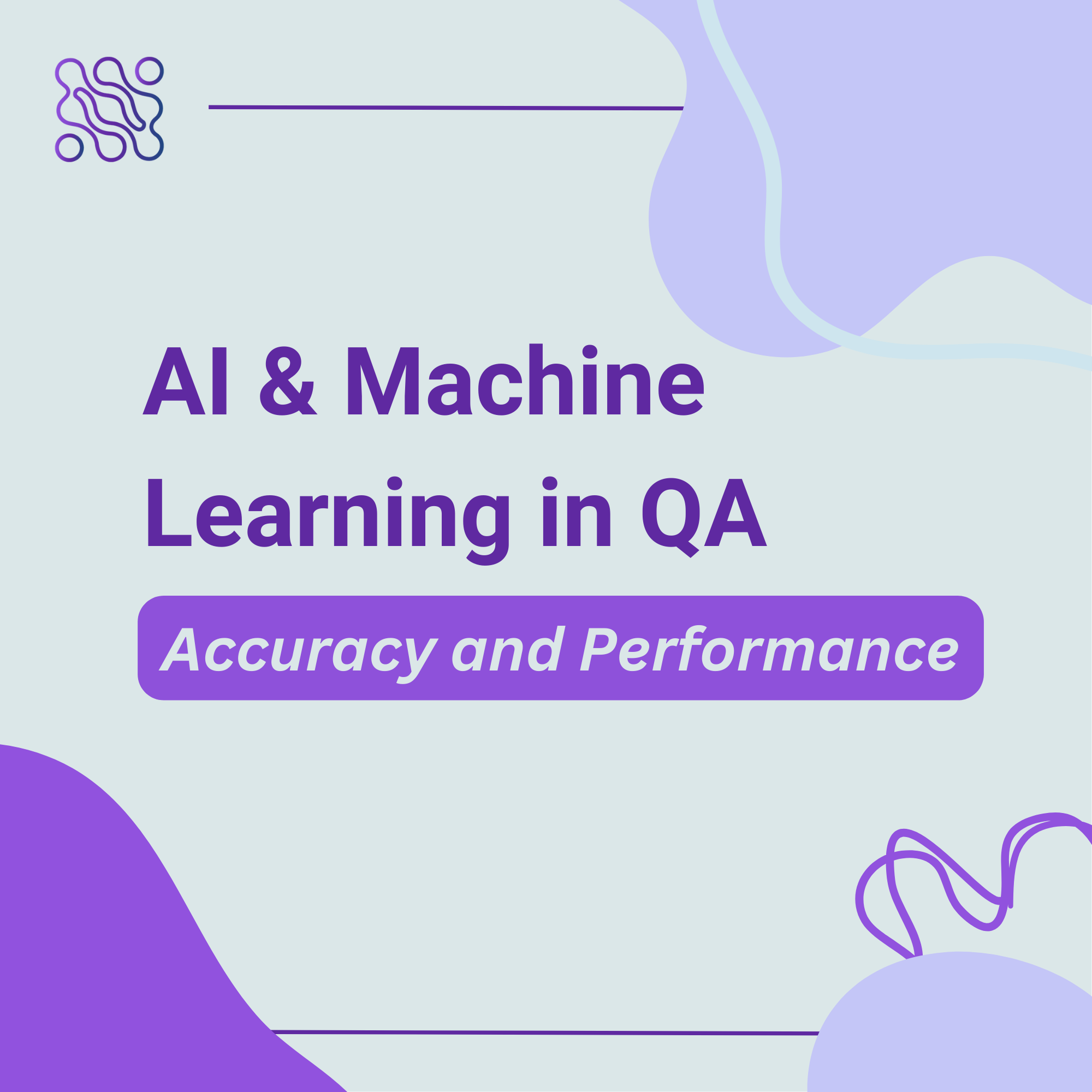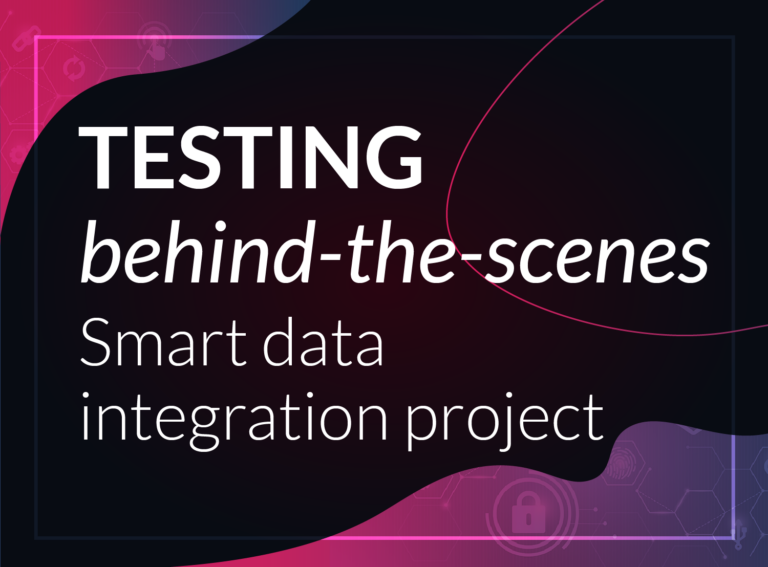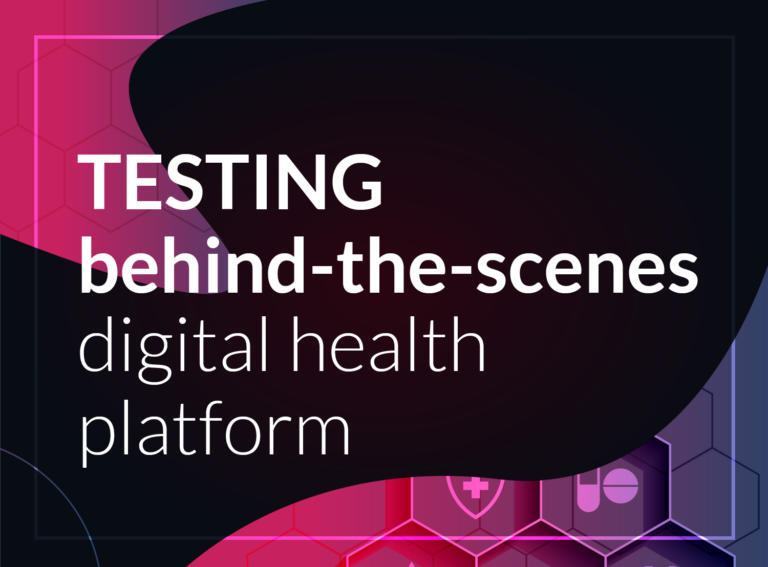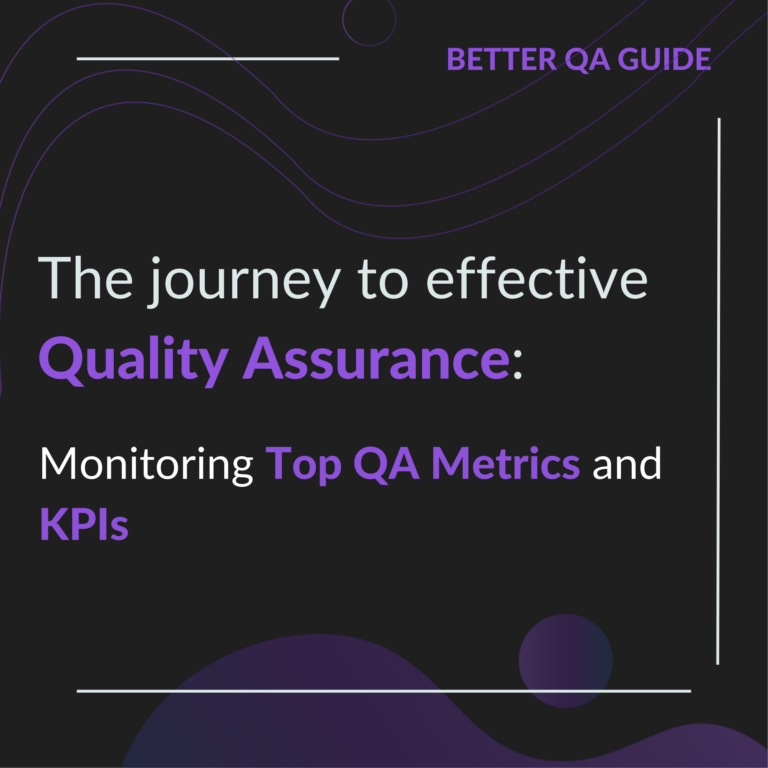Introduction
Artificial Intelligence (AI) and Machine Learning (ML) have quickly shifted from being buzzwords to driving forces behind many of today’s most innovative technologies. Whether it’s transforming business operations, enhancing user experiences, or even changing how industries function, AI software and machine learning are the engines powering this transformation. But with all the excitement and potential, there’s one thing that cannot be overlooked: QA.
Unlike traditional software testing, QA for AI and ML isn’t just about finding bugs. It’s about ensuring that these complex systems remain accurate, reliable, and most importantly, ethical. It’s about making sure that as these systems evolve and learn, they do so in a way that keeps them aligned with real-world expectations and user needs.
So, let’s dive into the importance of QA for AI and ML, the unique challenges it brings, and why it’s the secret sauce behind making these technologies work as they should.
The Distinctive Challenges in AI & ML QA
You’ve probably heard a lot about AI and ML, but these technologies aren’t just your typical programs. They’re not just following a set list of instructions. Instead, they learn, adapt, and change based on data. This brings an entire new dimension to QA; testing these systems is a whole different ball game.
AI and ML models don’t just execute code; they continuously evolve based on the data they process. This means the QA team needs to validate not only the technical aspects but also the integrity of the data, the accuracy of the model’s decision-making, and how well it can adapt to new data over time.
Ensuring Data Integrity
It all starts with data. If your AI system is fed poor-quality data, it’s bound to produce faulty results. So, the first step in QA for AI and ML is ensuring that the data is accurate, relevant, diverse, and free from bias. Why is this so important? Well, biased or inaccurate data can lead to incorrect decision-making, which, depending on the application, could be harmful. Think about self-driving cars or AI used in healthcare; accuracy isn’t optional, it’s critical.
The role of QA here is huge. It’s not just about making sure data is correct, but also that it represents the real world as fairly as possible. Without this step, AI can end up learning from faulty data and delivering skewed or biased results.
Testing Model Precision and Performance
Once the data is solid, it’s time to test the AI model itself. How accurately is it predicting or making decisions? This is where QA teams put the model through its paces, testing it with new datasets to see how well it performs. But testing accuracy isn’t the only thing that matters; performance is just as critical. As AI and ML models get more complex, they also need to work efficiently. It’s like making sure a high-powered sports car not only runs smoothly but also doesn’t burn out under the pressure.
If your model’s slow or can’t handle large datasets, it won’t be useful in real-world situations. That’s why performance testing is key in AI and ML; it’s about ensuring that these models can keep up with demand while still delivering precise, reliable results.
Continuous Learning and Evolution
One of the coolest things about AI and ML is their ability to learn and evolve. But this also creates a challenge for QA. How do you make sure that as the system learns and adapts, it still performs well? That’s where QA teams come in, continuously monitoring the system to ensure it stays accurate over time. As the system interacts with more data, it might start to behave differently, and QA needs to ensure that these changes don’t degrade its performance.
It’s a bit like taking a car for regular checkups to ensure it’s still running well as it picks up new features over time.
Ethical and Regulatory Compliance
It’s not just about performance. With the rapid rise of AI and ML, there’s a growing need to make sure these systems are fair, transparent, and legally compliant. Ethical considerations are huge, especially when AI is used in sensitive fields like healthcare, finance, or hiring.
For instance, imagine an AI system used to assess job candidates. If the system is trained on biased data, it could unfairly discriminate against certain groups. That’s why QA in AI and ML includes making sure the system operates ethically and within the bounds of regulatory guidelines, like GDPR or industry-specific standards.
The Vitality of Independent QA Teams
This is where independent QA teams, like the ones at BetterQA, become invaluable. Why? Because they bring an unbiased perspective. They’re not too close to the project to miss issues, and they can catch potential problems that internal teams might overlook. Plus, independent QA teams focus on testing from a holistic point of view; balancing the technical, ethical, and regulatory aspects of AI and ML.
Here’s how independent QA teams make a difference:
Unbiased Evaluation and Comprehensive Coverage: Internal teams might be too close to the project to spot issues objectively. Independent QA teams provide a fresh perspective, ensuring nothing gets overlooked.
Ethical Standards and Regulatory Compliance: With AI and ML evolving so quickly, ethical concerns and regulatory compliance are just as important as technical accuracy. Independent QA teams are skilled in navigating these complexities and ensuring systems meet legal standards.
Facilitating Communication and Collaboration: Independent QA teams act as a bridge between developers, stakeholders, and users, helping everyone stay on the same page.
Proactive Problem Solving: Instead of just identifying problems, independent QA teams focus on offering solutions and identifying risks early on to prevent them from escalating.
The Advanatages of Independent QA Teams:
- Unbiased Evaluation and Comprehensive Coverage : Independent QA teams bring an objective viewpoint to the QA process, free from the potential biases that may arise from internal teams too close to the project.
- Ethical Standards and Regulatory Compliance : In the rapidly evolving field of AI and ML, ethical considerations and regulatory compliance are as important as technical robustness. Independent QA teams like BQA are adept at navigating these complexities, ensuring that systems adhere to ethical guidelines and legal standards.
- Facilitating Communication and Collaboration : One of the standout roles of independent QA teams is their ability to act as a bridge between different stakeholders involved in AI and ML projects.
- Proactive Problem Solving : Independent QA teams are not just focused on identifying problems but also on providing solutions and strategies to mitigate risks before they escalate.
Conclusion
AI and ML are shaping the future, and QA is what ensures that these technologies work as they should; accurately, fairly, and securely. As these systems evolve, it’s essential to have robust, ongoing testing to guarantee they remain reliable and compliant.
Independent QA teams play a crucial role in this process, ensuring that AI and ML systems aren’t just technically advanced, but also ethically sound and ready for the real world. At BetterQA, we’re committed to providing the oversight and proactive solutions that make AI and ML innovations not only possible but trustworthy.
As we continue to push the boundaries of what AI and ML can do, we’re excited to be part of that journey, making sure these systems work smoothly, efficiently, and ethically every step of the way.
Stay Updated with the Latest in QA
The world of software testing and quality assurance is ever-evolving. To stay abreast of the latest methodologies, tools, and best practices, bookmark our blog. We’re committed to providing in-depth insights, expert opinions, and trend analysis that can help you refine your software quality processes.
Delve deeper into a range of specialized services we offer, tailored to meet the diverse needs of modern businesses. As well, hear what our clients have to say about us on Clutch!



